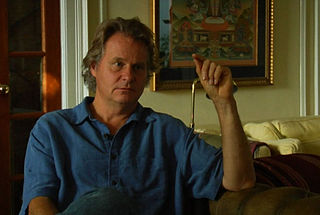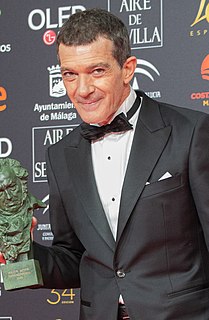A Quote by Luis Gonzalez
It's very hard to try to be a cultural . . . people who organize cultural things . . . it's very complicated. And more so in a country like Guatemala.
Related Quotes
Any country is hard to govern, even a very small country. It's not a question of whether the country is large or small. It's a question of how you relate to the work, to what extent you feel responsible for it. Russia is also hard to govern. Russia is at the development stage of both its political system and the creation of a market-based economy. It's a complicated process, but very interesting. Russia, actually, is not just a large country, it's a great country. I mean its traditions, and its cultural particularities.
I think that in the diaspora, and among immigrants, religion becomes a vehicle for the transmission of cultural information, and cultural codes, and this does end up re-inscribing certain things about the religion - like caste. Caste discrimination and hierarchy are still a very fundamental and violent part of Hinduism. My family was upper caste, and that was very clear. I feel like caste and religious practice are inextricable, actually.
We accept it as normal that people who have never been on the land, who have no history or connection to the country, may legally secure the right to come in and, by the very nature of their enterprises, leave in their wake a cultural and physical landscape utterly transformed and desecrated. What's more, in granting such mining concessions, often initially for trivial sums to speculators from distant cities, companies cobbled together with less history than my dog, the government places no cultural or market value on the land itself.
I think that we in the West expect people to adapt to our culture very, very quickly when they come to our country. But when we go over to someone else's, I don't think we are willing to meet them halfway like we expect them to meet us. I think having cultural sensitivity is a lot more important than we realize.
There were many generations of Latino people coming to this country, coming from difficult political or social situations in their own countries, and they worked very hard to have their kids go to universities. Well, those kids came out and they are now doctors and architects, or they are on the Supreme Court. That has a reflection in Hollywood. So, we are actually very proud that our characters are Latinos, and I think it's good for diversity and cultural interaction.
What's hard to do is describe why you like something. Because ultimately, the reason things move people is very amorphous. You can be cerebral about things you hate, but most of the things you like tend to be very emotive. It's really hard to do a literary reproduction of what makes you happy. That's what I try to do. If nothing else, it seems like there's enough people out there telling the world what isn't cool, or what's terrible, or what's depressing. I think there's an element of cynicism in my writing, but I'm an optimistic cynic.




































